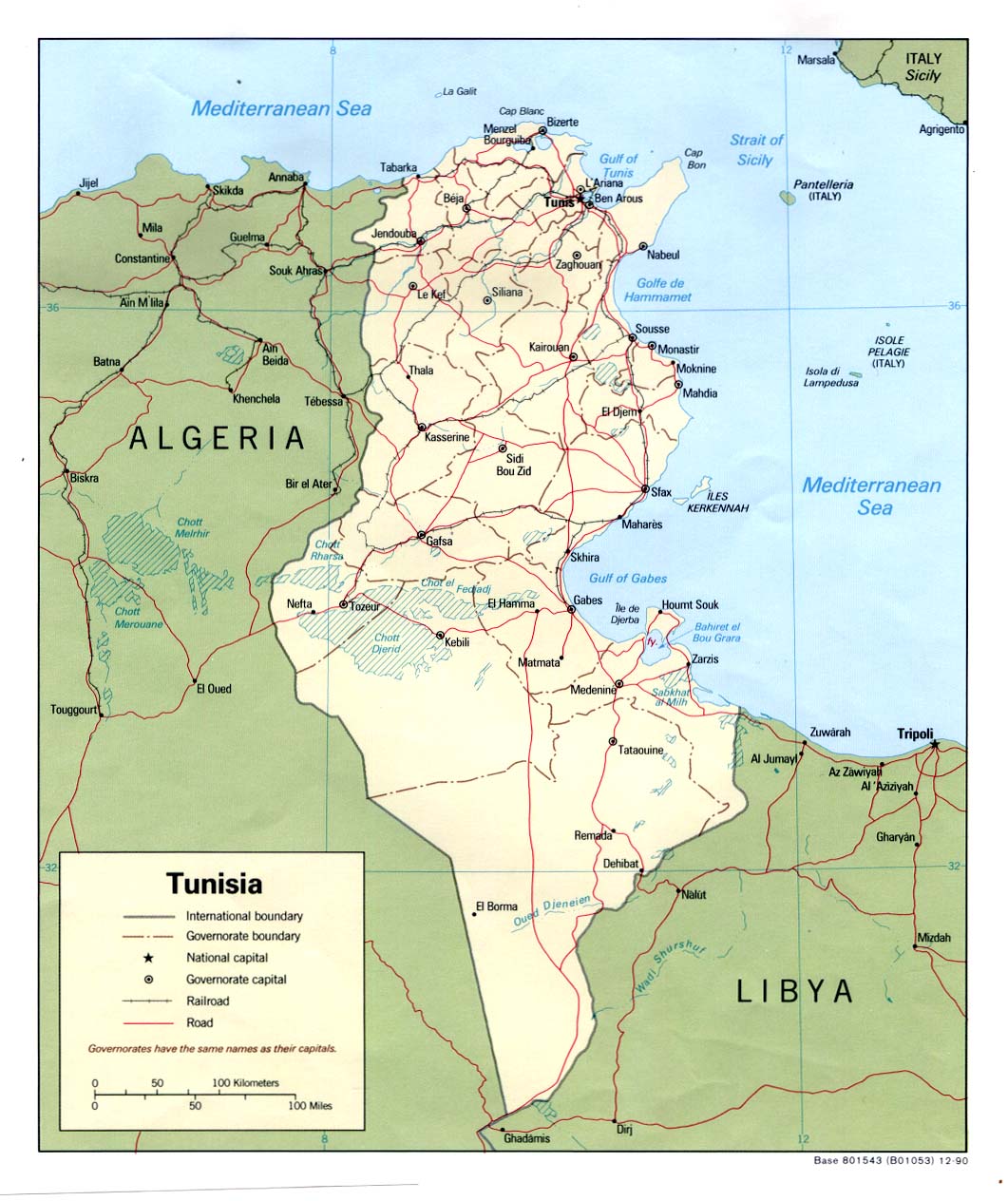After the recent attacks in Paris and San Bernardino, California, which were both carried out by Islamic radicals, there has been an increase in Islamophobia. For example, in the U.S., we have seen support for terrible ideas like banning all Muslims from this country or rejecting Syrian refugees fleeing ISIS. This is despite that fact that around one billion other Muslims are perfectly peaceful and 70 thousand Muslim clerics have issued a fatwa denouncing terrorist organizations and attacks.
The rise is Islamophobia also plays out in public spaces. For example, NPR recently produced a story about an increase in backlash and harassment toward Muslim women who wear hijabs.
Other countries are seeing a rise in harassment, too. In the UK, the Independent reported “that there’s been a sharp increase in hate crimes towards British Muslims after the Paris attacks. In the week following the killings, there have been 115 incidents mostly towards girls and women aged between 14 and 45.”
Fortunately, various media outlets are speaking out against this behavior, like the Washington Post: “In communities across America, we are turning on each other, on the very neighbors who have been part of the fabric of our country for decades…The rhetoric dominating our nation right now is anything but civil. It’s time for all of us to put a stop to it.”

Two of my favorite stories of resistance come from the UK:
“23-year-old Ruhi Rahman said a woman sitting next to her jumped in to help after a man started to make racially threatening comments towards her. After the woman intervened, most of the other passengers on the Tyne and Wear Metro also stepped in forcing the man to leave the train…
Last week, a London commuter stepped in to defend a young Muslim woman after she was racially abused in a rant on the tube. 22-year-old Ashley Powys wrote in a Facebook post that he was travelling on a Victoria line train on Nov. 16 when he saw a man in his 30s shouting at the teenager and calling her a terrorist.”
I encourage everyone to stand up and speak out against Islamophobia! It is unwarranted and unacceptable.


